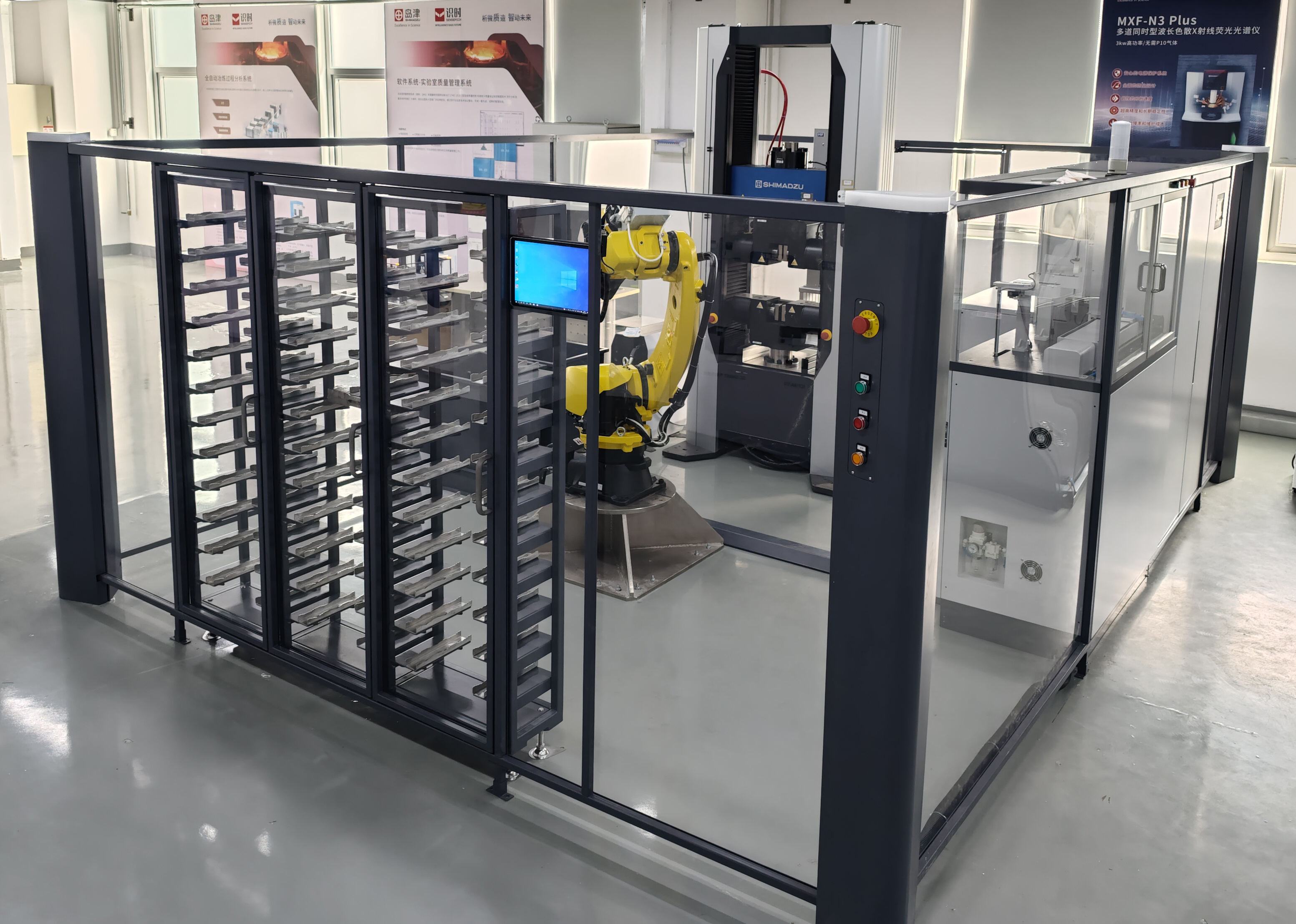tensile test of metallic materials
The tensile test of metallic materials is a fundamental mechanical testing method used to determine the behavior of materials under uniaxial loading conditions. This standardized procedure involves gradually applying a controlled force to a specimen until failure occurs, providing crucial data about material properties. During the test, the material undergoes both elastic and plastic deformation, allowing engineers to measure essential parameters including yield strength, ultimate tensile strength, elastic modulus, and elongation percentage. The test utilizes sophisticated testing machines equipped with precise load cells and extensometers to measure force and displacement accurately. Modern systems incorporate computer-controlled operations and data acquisition capabilities, ensuring high precision and repeatability. The test results are particularly valuable in engineering design, quality control, and material selection processes. Industries ranging from aerospace and automotive to construction and manufacturing rely on tensile testing to verify material specifications, ensure product safety, and optimize design parameters. The data obtained helps engineers predict material behavior under various loading conditions and aids in preventing structural failures. Additionally, the test provides valuable information for material development, process optimization, and compliance with international standards and regulations.


